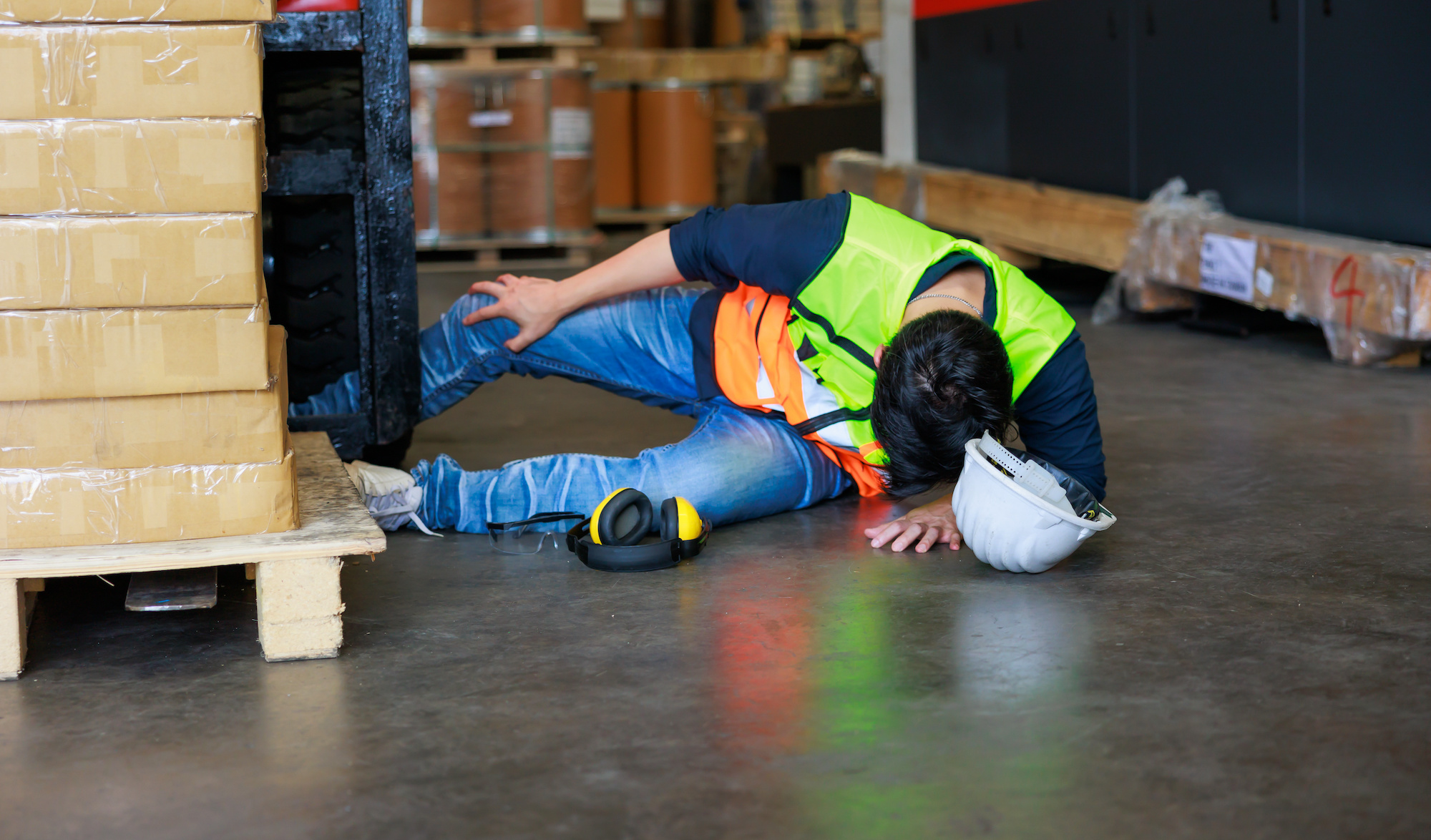When workplace accidents occur, it can lead to serious injury for your or a loved one. If an injury happens at work, you may be eligible to recoup the cost of your medical bills along with wages missed while you were unable to work.
Industrial Accidents
Free Case Evaluation
Industrial Accidents
Attorneys Caring for Injured Victims
Most of us are no strangers to workplace accidents; with Alabama rocking up 89 fatalities in 2018, the chances are pretty high that you know someone who has been involved in an incident.
For the majority of injuries, workers will be able to obtain reimbursement through the Workers’ Compensation program, which is a no-fault system designed to cover financial losses incurred by the victim of an injury in the workplace.
In some cases, however, a third party may be to blame if their actions or negligence played a major role in your accident or injury. If this is the case, you may be in a position to bring about a claim for damages and compensation, separate from your workers compensation claim.

Types of
Industrial Accidents
- Sprains and strains
- Muscle tears and damage
- Cuts and lacerations
- Bone breaks and fractures
- Injuries to the back and neck
- Damage to the spinal cord, including paralysis
- Nerve damage
- Repetitive stress injuries
- Carpal Tunnel Syndrome
- Damage to ears and hearing
- Exposure to toxic fumes or substances
Third-Party
Injury Claim
In some cases, injuries and accidents are caused by co-workers, site bosses, and people who are physically present at the time of the accident. Such claims are usually covered by workers compensation and will allow damages to be extracted from the guilty party.
There is also a second category—where blame and liability are attributed to a third party. In these cases, victims are more likely to be successful in pursuing a personal injury claim, as opposed to going for workers compensation; the former can offer higher damages.
Third parties may include a number of groups, including: the manufacturer of products or equipment, the property owner (not always the employer) and employees, or workers at another company.
Common Causes of Third-Party Industrial Accidents
There may be a number of potential causes for your accident, especially if a third party is involved. Some of the most common include:
- Unsafe or Defective Equipment: if you or a member of your team is injured through faulty, unsafe, or defective equipment, you may be in a position to pursue a third party for damages. The Occupational Health and Safety Administration (OSHA) sets out clear guidelines and requirements which must be met by producers and manufacturers.If these are breached, resulting in the injury or the wrongful death of a worker, you may have a case. If you are successful, the third party will be required to pay compensation and damages for injuries or wrongful deaths.
- Negligent Property Owners: in some cases, the owner of the site or property is not the employer; they may rent or lease the premises for various purposes. In the event that an injury or wrongful death occurs on-site, you may be in a position to pursue a personal injury claim. To prove liability, you will need to demonstrate that the property owner knew or should have known of the potential danger and failed to rectify the issue.
- Action or Lack of Action of Another Company’s Employees: sometimes, workers outside of your own group are responsible for an accident, and they will, therefore, count as a third party. Once again, you will be required to prove negligence, recklessness, or that their actions or lack of actions contributed to the personal injury or wrongful death in order to pursue a case.
Proving A Third-Party Industrial Accident
Unlike worker’s compensation which operates on a no-fault basis, gaining compensation from a third party requires that you prove the injury occurred as a result of their negligence. This includes proving that:
- The third-party owed you a duty of care
- They breached this duty of care
- Your injuries occurred as a result of this breach
- The injuries you incurred caused you to suffer monetary damages
According to the Alabama statute of limitations, there is a limit of two years in which a claim can be made for injury or wrongful death. This starts from the day of the accident.

